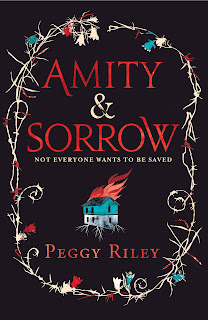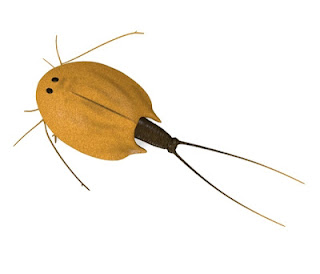Three kids and a single mother
Upstairs I can hear angry voices bouncing off the walls, punctuated by the banging of a door - twice.
"I hate you! You are never borrowing my Nintendo, ever again." Slam.
"I hate you! You are never borrowing my Nintendo, ever again." Slam.
"I don't care, you are just a poo-poo brain." Slam.
 |
| Best of friends and the worst of enemies © Cheryl Casey | Dreamstime.com |
In the kitchen behind me, Non-walking Toddler (NwT) starts calling, "Ma! Ma!" She has been unsettled by my sudden exit.
"It's okay darling." I return to spooning Petits Filous into her baby-bird mouth. "More!" she tells me, pointing at the fridge.
While I peel the film off a second yoghurt, Middle Child and Quiet One (my eldest) burst into the kitchen seeking adjudication. I listen to their account of what happened - there is injustice on both sides and I am hard-pressed to identify a culprit.
"Look," I reason, "I am busy trying to feed NwT. Why can't you just sort it out between you?"
They turn to each other, hot-cheeked and indignant. "That's enough," I shout over the ensuing argument. "The Nintendo goes on top of the cupboard until you manage to reach an agreement."
"That's not fair," cries Quiet One, "You always take his side!" And she flounces out, batting Middle Child on the head for good measure.
"YOU NEVER WANT TO PLAY WITH ME!" rages Middle Child. I wedge the kitchen door open with my foot before he can reach it to reinforce his point.
There is a jealous gene in our family - it runs through the generations, flaring with intensity in certain characters. In Middle Child, it combines powerfully with maleness and the need to compete. Whenever I hug one of his sisters, he's there within seconds to claim his share of my affection. As a toddler he would plant himself in my lap to prevent me picking up NwT when she cried.
Just recently, Quiet One has also been displaying signs of jealousy. It seems that Middle Child has fostered a sense of rivalry between them. They are the best of friends and the worst of enemies, capable of switching seamlessly between amity and conflict several times a day.
I know from my own childhood that such sibling rivalry is natural and I do my best to contain it by distributing my favours equally. However, the odds are stacked against me: I have three children competing for one parent's attention.
In the past, my mother has consoled me: "Don't worry they are learning their way in the world and where they belong. They will find their own harmony."
Halfway through NwT's third yoghurt, she grabs the spoon from me and shakes it at Middle Child, who is glowering in the corner.
"I think she wants you to feed her," I say.
Reluctantly he takes the spoon and begins to heap yoghurt into her mouth. She starts to choke on the third spoonful, but recovers and gamely continues. Middle Child starts to smile in spite of himself, his tongue rolling into his cheek.
"Hey, look at this!" I call out to Quiet One. She slides back into the kitchen to take a peek.
NwT immediately takes the spoon and hands it to Quiet One. After a tentative glance in my direction, Quiet One carefully loads the spoon and pops it into NwT's mouth. Middle Child watches but doesn't protest. After that, my baby diplomat scrupulously alternates the spoon between her siblings.
"I'm sorry," mumbles Quiet One without looking at her brother. He doesn't reply but his spirits lift and before too long he is trying to dance around the kitchen, his arms wrapped around her waist.
"Let's go and play with your Furbie," he suggests when the feeding frenzy is over.
The truce holds. I know Quiet One will always be the child who says sorry first, but I also know that Middle Child has his own gift. In an attempt to get along with his sisters, he adapts to their tastes even though they differ from his own. After all, the flip-side of jealousy is wanting to fit in and be loved. For a few minutes peace reigns... until NwT starts to howl because I won't allow her a fourth yoghurt. At least she is too small to slam doors.
The truce holds. I know Quiet One will always be the child who says sorry first, but I also know that Middle Child has his own gift. In an attempt to get along with his sisters, he adapts to their tastes even though they differ from his own. After all, the flip-side of jealousy is wanting to fit in and be loved. For a few minutes peace reigns... until NwT starts to howl because I won't allow her a fourth yoghurt. At least she is too small to slam doors.
Hermaphrodite Mum is a fictional creation of Emma Clark Lam
Previous posts by Hermaphrodite Mum:












